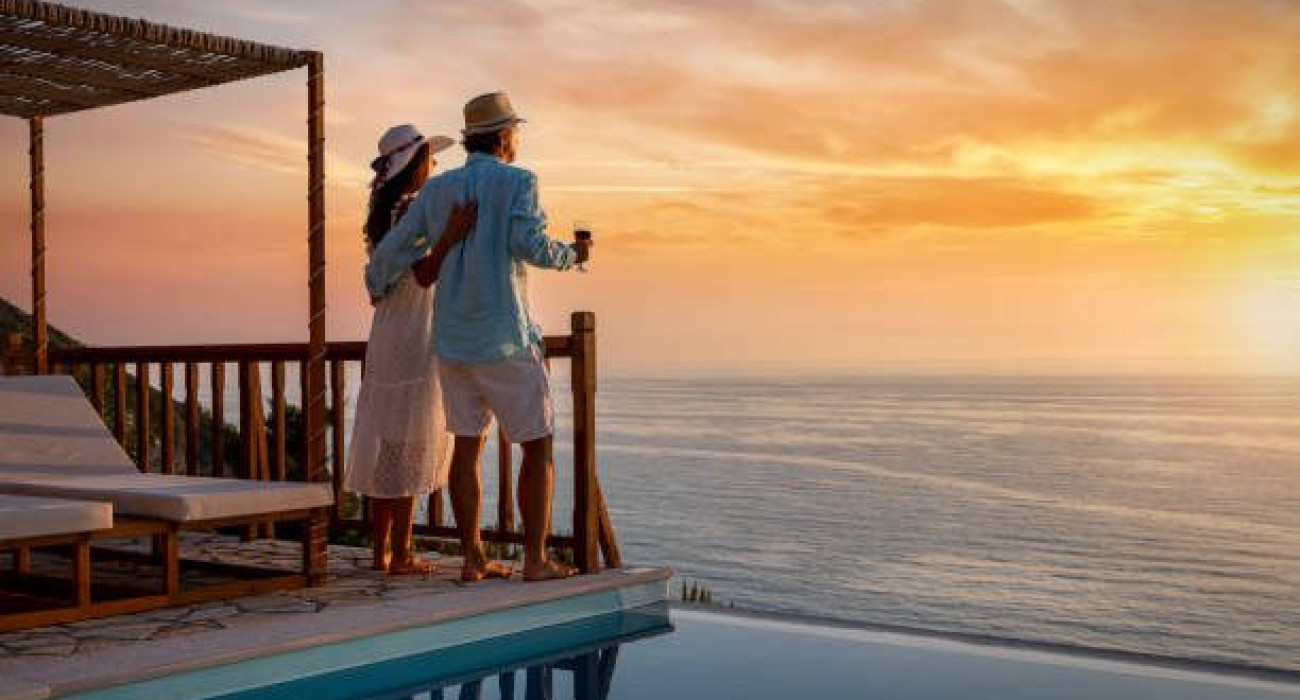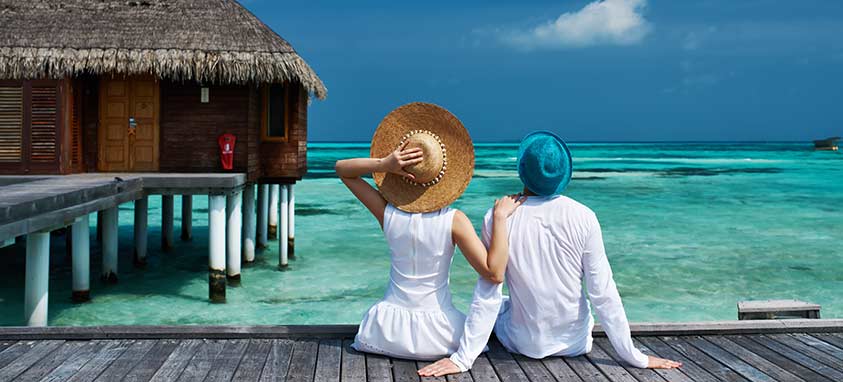
Luxury Travel is evolving, and the definition of indulgence is no longer limited to opulent resorts, first-class flights, or Michelin-starred meals. Today, travelers are redefining what it means to journey in style. Instead of chasing excess, more people are seeking something far more profound: time, silence, and space.
This new paradigm signals a shift in priorities, where luxury travel is measured by freedom from stress, reconnection with self, and immersion in environments that nourish both body and spirit. Below, we’ll explore eight ways this trend is reshaping the industry—and why time, silence, and space are becoming the ultimate symbols of modern luxury.
1. Time as the Ultimate Currency
In the modern world, time feels scarce. Endless work obligations, digital distractions, and fast-paced lifestyles make unstructured time the most coveted luxury of all. Luxury travel now emphasizes opportunities for travelers to slow down, unplug, and reclaim control over their schedules.

From extended stays at wellness retreats to curated sabbaticals, more destinations are offering experiences that honor the value of time. For instance, retreats in Bali and Costa Rica design itineraries where activities are intentionally limited, encouraging guests to savor each moment rather than rush through sightseeing checklists.
Learn more about how time is reshaping wellness-focused tourism at Wellness Tourism Association.
2. Silence as a Form of Indulgence
Noise pollution is one of the greatest stressors of modern life. That’s why silence is quickly becoming the new benchmark of luxury travel. Instead of bustling urban escapes, travelers are opting for secluded villas, off-the-grid lodges, and silent meditation retreats.

Destinations like Iceland, Bhutan, and the Scottish Highlands are gaining popularity because they provide travelers with the gift of quiet. Silence allows space for mindfulness, deep rest, and inner clarity—luxuries that even five-star resorts cannot replicate without the right environment.
3. Wide-Open Space Over Crowds
In an age of overtourism, space itself has become a luxury. Whether it’s a sprawling private villa, a cabin in the wilderness, or a yacht charter on the open sea, space defines freedom and exclusivity in luxury travel.

COVID-19 accelerated this shift, as travelers began prioritizing privacy and distancing. Today, even high-end city hotels are rebranding to emphasize larger suites, private terraces, and access to open-air sanctuaries. For many, the true indulgence lies not in shared experiences but in having the world—quite literally—to themselves.
4. Wellness-Oriented Experiences
Luxury travel is no longer just about relaxation—it’s about transformation. Properties are integrating wellness practices that align with the desire for time, silence, and space. From forest bathing in Japan to Ayurvedic therapies in India, travelers are prioritizing holistic well-being over material indulgence.

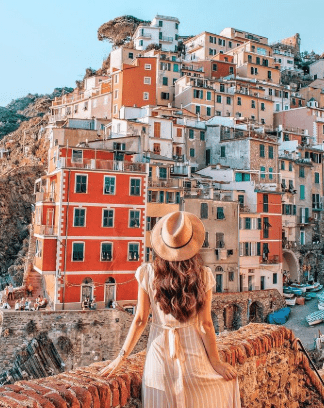
Resorts like Kamalaya in Thailand and SHA Wellness in Spain blend traditional practices with modern science, offering long-term lifestyle benefits. These wellness escapes reflect how the new definition of luxury travel is deeply intertwined with self-care and intentional living.
For further insights, check Global Wellness Institute.
5. Personalized and Slow Itineraries
Cookie-cutter tours are fading in relevance. Today’s luxury travelers want tailor-made journeys that respect their need for unhurried experiences. That might mean a private art tour at sunrise, an afternoon siesta without guilt, or a two-week stay in a countryside villa with no rigid plans.

This personalization ensures that time, silence, and space remain central to the travel experience. Companies like Black Tomato specialize in crafting bespoke itineraries that offer travelers the luxury of choice without the burden of logistics.
6. Off-the-Grid Travel
The new definition of luxury travel also includes digital disconnection. More travelers crave the ability to log off and escape the constant ping of notifications. Off-the-grid experiences—whether in a Mongolian yurt, an Arctic lodge, or a desert retreat in Utah—offer this rare opportunity.
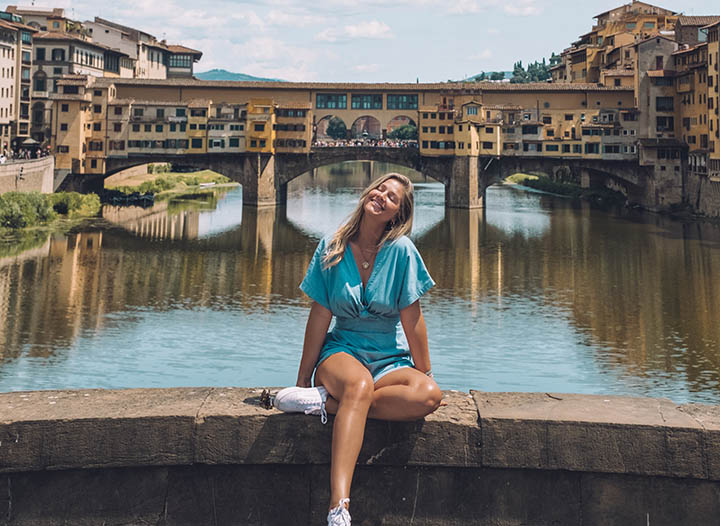
Silence and space are amplified in these settings, where technology fades into the background and the natural world takes center stage. Disconnecting from screens allows travelers to reconnect with themselves, their companions, and the environment around them.
7. Mindful Cultural Immersion
Luxury travel once emphasized exclusivity and distance from local life. Today, however, immersion is part of the appeal. Spending unhurried time with local communities, enjoying silent ceremonies, or wandering through vast landscapes guided by locals allows travelers to experience a deeper form of connection.
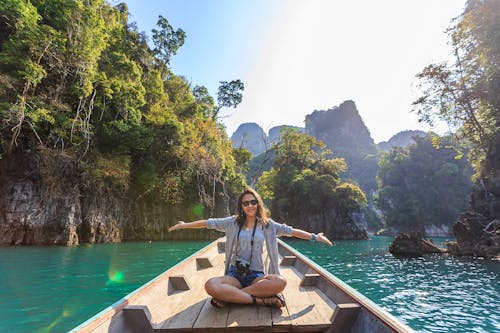
This emphasis on cultural authenticity respects both time and space, offering meaningful encounters that cannot be replicated by mass tourism. Experiences like long stays at agriturismos in Italy or guided treks in Peru showcase how cultural immersion and luxury are no longer at odds.
8. Sustainable Luxury as the Future
Sustainability has become inseparable from luxury travel. Modern travelers understand that true indulgence cannot come at the expense of the planet. Resorts and tour operators are now designing eco-conscious experiences that honor nature, reduce waste, and conserve space for future generations.
From solar-powered safari camps in Kenya to carbon-neutral Arctic expeditions, sustainability aligns seamlessly with the desire for time, silence, and space. Protecting the environment ensures that travelers can continue to enjoy vast, quiet landscapes in the years to come.
Learn more about sustainable tourism practices from Sustainable Travel International.
Conclusion: Redefining What Luxury Really Means
The new definition of luxury travel isn’t about grandeur—it’s about intentionality. Time, silence, and space are becoming the most valuable luxuries a traveler can buy, precisely because they are so scarce in everyday life.
Whether it’s a silent meditation retreat, a months-long sabbatical, or a secluded eco-lodge in nature, the emphasis is shifting from opulence to presence. This redefinition signals not just a trend, but a cultural shift in how we view leisure, well-being, and the world around us.
As more people embrace this mindset, the travel industry will continue to adapt, creating experiences that prioritize what truly matters. In the end, the greatest indulgence isn’t what we acquire on the journey—it’s the freedom we gain through time, silence, and space.
